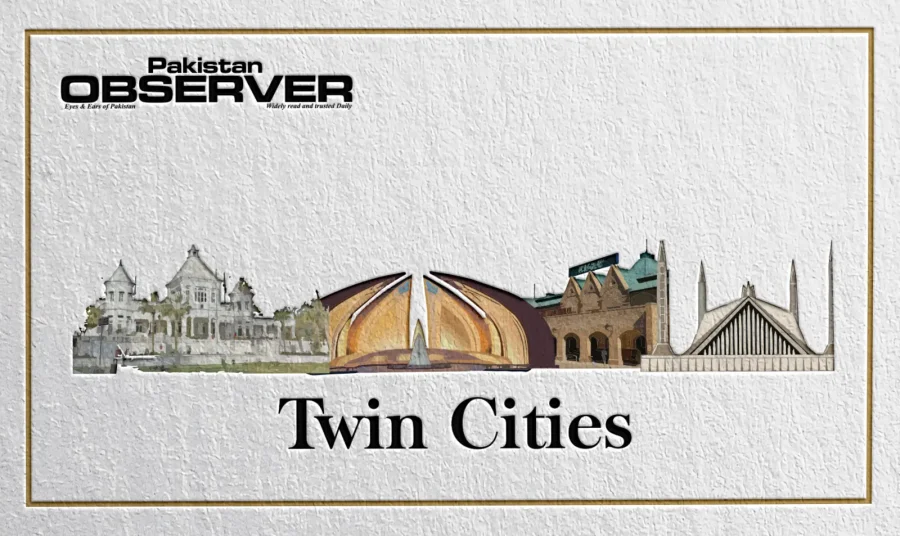The speakers Saturday called for integrating anticipatory disaster risk reduction (DRR) and climate change adaptation (CCA) approaches with climate science to make sure that more lives are protected from climatic disasters.
Speaking at a panel discussion organized at the World Social Forum in Kathmandu on Saturday by Pakistan’s leading think tank ‘Sustainable Development Policy Institute (SDPI) and Oxfam in Pakistan, the speakers said that the incidence of climatic hazards and disasters are increasing
which plunged communities into vulnerability to disasters and are causing losses and damages, said a press release.v Speaking on the occasion, globally acclaimed climate justice expert
Harjeet Singh said that the temperatures are the determining factor of climate change which calls for analyzing science for better adaptation and preparing communities against climatic hazards and disasters. He called upon the humanitarian sector to keep in mind the future warming levels and slow on-set disasters while designing humanitarian programmes.
He said the communities know much about the impacts of climate change
such as glacier melting, changing cropping patterns, and water availability but they do not know why this is happening. He said that science gives the ‘why’ answer. He said while climate change is creating new poor with more marginalities, there is a need to opt for
nature-based solutions for adaptation. He called for integrating humanitarian approaches with science.
The Deputy Executive Director of SDPI Dr. Shafqat Munir said that climatic hazards are now putting cities and towns at risk urging the need for risk-sensitive urban planning through applying both Disaster Risk Reduction (DRR) and Climate Change Adaptation (CCA) strategies. He said preparedness and anticipatory DRR approaches can better equip vulnerable communities at local levels to cope with ensuing disasters/climatic hazards.
The localization of DRR-CCA strategies and implementation plans can help to save and protect more lives. He called for taking urgent collective action to achieve the Paris Agreement’s objective on the Global Goal on Adaptation and Sendai Framework for DRR.
Oxfam’s regional humanitarian coordinator Mr. Jermaine, from the Philippines, said that effective climate action requires a balanced approach, considering both adaptation and mitigation efforts. Similarly, there is a need to ensure equity, right, and justice in line with the
Global Goal on Adaptation (GGA) framework that prioritize fairness and equitable adaptation strategies, he added.










